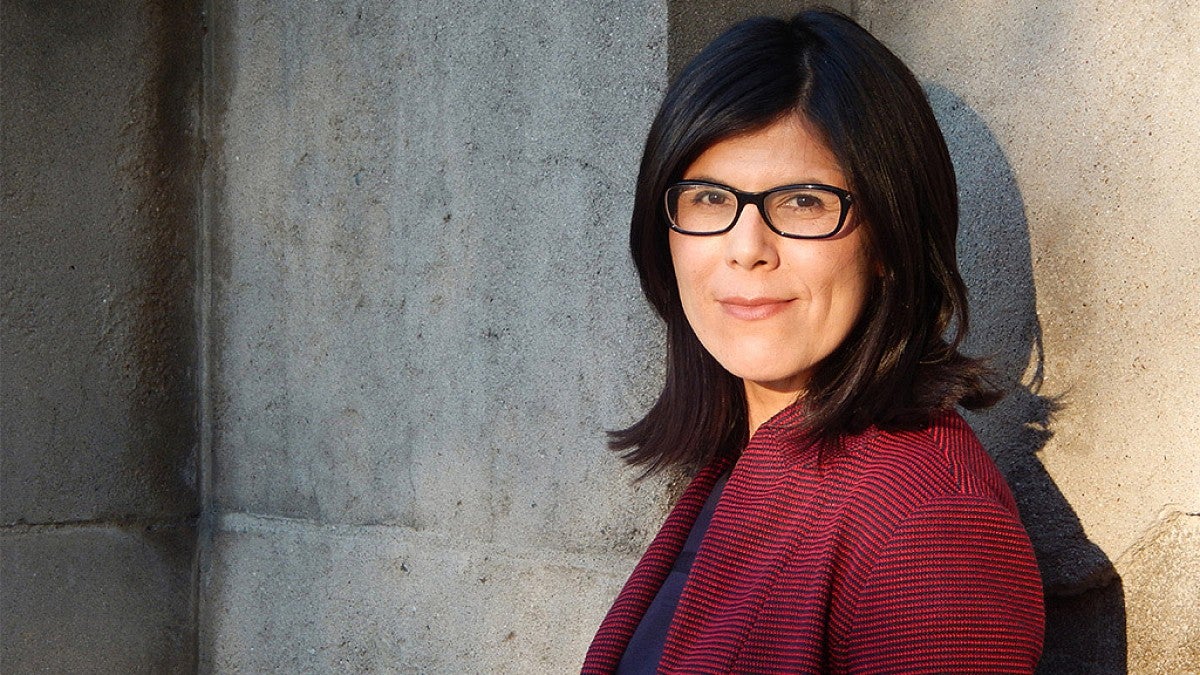Historian and author Natalia Molina will share her family story and explore how such narratives help understand the lives of immigrants as this year’s Cressman Lecturer.
Molina, Distinguished Professor of American Studies and Ethnicity at the University of Southern California, will discuss “A Place in the Narrative: Telling Underdocumented Stories” on Tuesday, April 18, at 5:30 p.m. in the Giustina Ballroom in the Ford Alumni Center. Her research explores the intertwined histories of race, place, gender, culture and citizenship.
Molina’s talk, part of the Oregon Humanities Center’s 2022-23 “Belonging” series, is free and open to the public. It will be livestreamed and have an American Sign Language interpreter. Register online.
Molina’s grandmother, Doña Natalia Barraza, opened a restaurant called Nayarit in the Echo Park area of Los Angeles in 1951. It became a local landmark, popular with Hollywood stars and restaurant workers from across the city and known for its fresh, traditionally prepared Mexican food.
In her most recent book, “A Place at the Nayarit: How a Mexican Restaurant in Los Angeles Nourished a Community,” Molina tells the stories of restaurant workers as they moved from the kitchen and the front of the house, across borders and through the decades. The Nayarit became an urban anchor and a gathering space where ethnic Mexican workers and customers connected with their homeland.
While Molina was able to use government and community archives to unearth much about immigrant life in the Los Angeles of the 1950s and 60s — how and why people migrated, where they worked, lived and recreated — immigrant workers tend to have little documented presence in their new homeland. They are what some call the “underdocumented.”
Molina was able to fill in the gaps in immigrant stories by doing extensive interviews with many of those who found a community at her grandmother’s restaurant.
“I conducted interviews with all the former workers from the Nayarit I could locate, as well as some former Nayarit customers and the residents of Echo Park,” Molina writes. “Oral histories helped fill in the details, the vibrancy, and the texture of my subjects’ lives.”
Her work helps answer questions that official archives don’t and tell stories they are not designed to tell. Molina believes that when people understand that oral histories, photographs, menus, family lore and memories hold clues to marginalized peoples in the past, it’s easier to imagine them as part of our future.
Molina is the author of the award-winning books “How Race Is Made in America: Immigration, Citizenship, and the Historical Power of Racial Scripts” and “Fit to Be Citizens?: Public Health and Race in Los Angeles, 1879-1940.”
She co-edited “Relational Formations of Race: Theory, Method, and Practice” and is at work on a new book, “The Silent Hands that Shaped the Huntington: A History of Its Mexican Workers.” In addition to publishing widely in scholarly journals, she has also written for the Los Angeles Times, Washington Post and San Diego Union-Tribune, among others. Molina serves on The Huntington’s board of governors and was a 2020 MacArthur Fellow.


